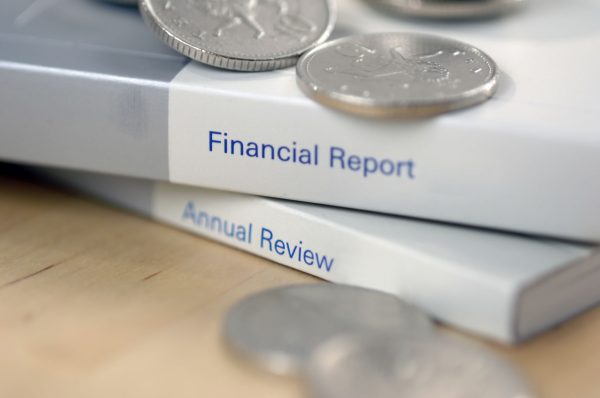The challenges of the last two years have varied greatly across different entities and sectors and the diverse nature of the charity sector means it has experienced the full spectrum – from those who have been largely unaffected to those where demand for their services has doubled and, of course, those who are battling to remain in existence.
As we start 2022 with hopefully fewer uncertainties and greater optimism for a return to ‘normal’, the focus for preparers, independent examiners and auditors of charity accounts will be on December 2021 and March 2022 year ends – periods in which most charities will have been affected in some way by the challenges posed by the pandemic and resulting restrictions.
The following are some of the key considerations to keep in mind:
Use of charitable funds
Charities may have changed their activities, either to meet the changing needs of beneficiaries or because they’ve simply been unable to carry out their work as they have previously. In either case, consideration must be given to whether any new or changed activities still further the charity’s objects as set out in the governing document. And, where there has been a change, have the required procedures been followed to amend those objects. How narrowly the objects were originally drafted can be a key factor in whether changes are required but charities should be able to demonstrate how these matters have been considered. A key point to remember is that charities that are companies or Charitable Incorporated Organisations (CIOs) require consent from the Charity Commission to change their objects.
Many charities with trading subsidiaries have seen these struggle, particularly where they are dependent on physical footfall such a shops or cafes. The question that arises is how much (and for how long) can the support provided by the parent charity be justified as an investment. The key consideration here is the duty of the trustees to put the interests of the charity first when making such judgements.
Restricted funds
Attention is also needed where restricted funds have been repurposed. In some cases, it is sufficient for the charity to have agreed the repurposing with the donor but to be valid the donor must have reserved the right to vary the terms at the time the restriction was established. Where this avenue is not possible, the Charity Commission has the power to alter the terms of a restricted fund and indicated in its guidance from May 2020 that it is prepared to exercise that power. However, it noted that this should be considered as a last resort having explored all other options.
Reserves policy
Income
Where restrictions affected the ability of charities to carry out activities for which income had already been received, the categorisation of that income, as well as the timing of its recognition, requires consideration. A common example is that of theatres who during 2021 had to reschedule, and in some cases cancel performances.
Where events were postponed, it is likely that any income received will need to have been deferred until the event was able to take place. However, where events were cancelled there are a number of possible scenarios:
- A refund may be required under consumer or contract law.
- Where not required by law the charity may still decide to provide a refund, provided it is considered in the best interests of the charity to do so.
- Some charities (as was the case with many theatres) invited customers to waive their refund and donate the money to the charity. In such cases, what started out as an exchange transaction, likely treated as income from charitable activities or other trading, becomes a non-exchange transaction to be classified as income from donations.
Going concern disclosures
As for all entities reporting under FRS 102, where a material uncertainty exists in relation to going concern, details must be disclosed in the accounts. The Charities SORP goes a bit further and states that any uncertainties (not only material ones) should be explained in the trustees’ annual report and where no material uncertainties exist, this should also be disclosed in the accounts. Whilst these are so called ‘should’ requirements rather than ‘must’, the upshot is that all charity accounts should include some disclosure around uncertainties relating to going concern, or the lack thereof. In the current climate especially, it is important to be clear about the nature and extent of those uncertainties and to explicitly state whether or not they are considered to be material.
SORP Guidance and example accounts
The SORP committee was quick out of the blocks in 2020 in providing guidance on the impact of the pandemic on charity accounts and much of that guidance remains relevant now. Perhaps less widely publicised was the re-issue of its two sets of example SORP accounts in the summer of 2021. These have been drawn up to a 31 July 2020 year end to include the accounting treatment and disclosure of matters arising from the pandemic. The example accounts relate to a theatre and a grant making charity and can be found on the SORP micro-site at https://www.charitysorp.org/about-the-sorp/example-trustees-annual-reports/
So, in summary, whilst less uncertainty will help with the forward-looking elements of charity accounts, the periods those accounts relate to may still have been heavily impacted by the pandemic and related restrictions and these issues should remain front of mind throughout this reporting season.
The above issues and more will be discussed in our upcoming charity courses. Tax Update for Charities, Independent Examination of Charities, Introduction to Charity Accounts and Audit and Hot Topics in Charities.
Richard Hemmings, February 2022.





